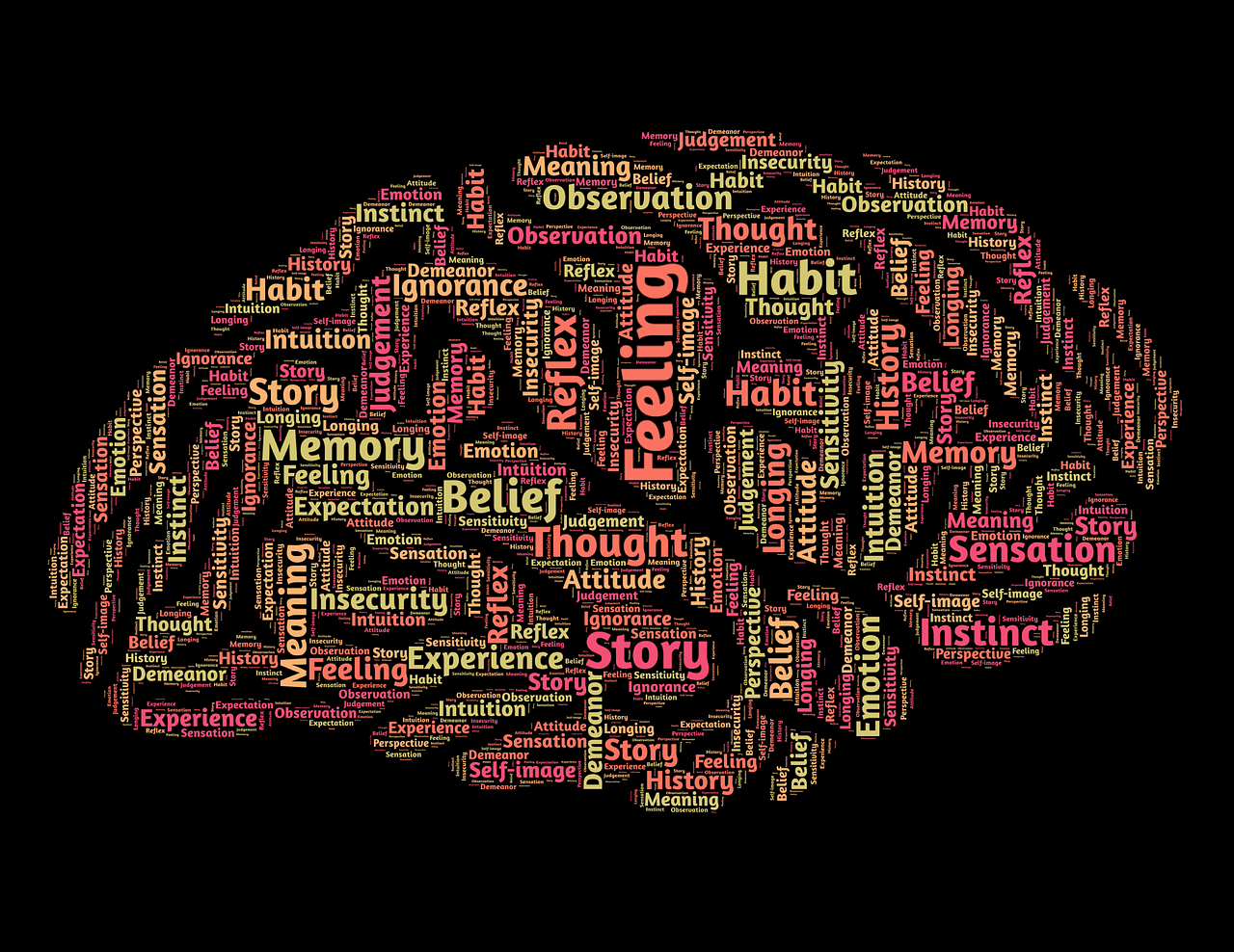29th May is World Digestive Health Day. This day was established by the World Gastroenterology Organisation over 60 years ago to increase public awareness of gut health with a focus this year on the gut microbiome.
The last ten years has seen an explosion in research about the critical importance of gut bacteria in health and disease. And how it also impacts our mental health and wellbeing.
As a Naturopath my motto has always been “health starts in the gut” and we now have the scientific evidence to back up what the Naturopathic pioneers have believed all along.
What do we know about these bacteria?
Based on the current available evidence our gut is host to over 100 trillion microbes (weighing 1-2 Kg) which equates to ten times the cells in the human body. When we look at the data like this, we are more microbes than human!
We know that there is a mutually symbiotic relationship between “us and them”. If we take care of the gut microbes, they will take care of us. But the reverse also appears to be true. If we do not lead a healthy lifestyle then the population of bacteria alters and gives rise to unfavourable conditions in the gut which are passed on to the human host.
But how does it play a role in mental health and resilience?
Patients with mental health conditions appear to have a different population of gut bacteria compared to healthy individuals. And two large studies have found certain bacterial strains are missing in depressed individuals.
Beneficial gut bacteria produce neurotransmitters that contribute to our emotional wellbeing including our mood, our anxiety levels , concentration and motivation. [1] And 90% of serotonin – the “happy chemical” is manufactured in the gut.
How these bacteria influence the brain is due to the vagus nerve and the gut brain axis. The human gut is lined with more than 100 million nerve cells (the enteric nervous system) -more than in the spinal cord or in the peripheral nervous system. And there is a two way flow of information between the gut and the brain. The emotional and cognitive centres in the brain link to the intestinal function.
Feeling nervous and have “butterflies in your stomach? Or nerves making you feel too sick to eat? We now know why.
How can we improve the health of our gut?
If we do not take care of our diet and lifestyle the population of gut bacteria can alter leading to dysbiosis. The levels of beneficial bacteria decline and levels of pathogenic bacteria increase. Think of your gut as a car park- we want to try and fill every available space with the good guys to crowd out the bad guys.
A high fat, high sugar diet encourages the growth of the wrong types of bacteria.
A high plant food fibrous diet with a very diverse range of types and colours of vegetables feeds the beneficial bacteria. But not all bacteria want the same nutrients, so the latest thinking is to eat forty different plant foods every week.
Stress can negatively impact the beneficial bacteria enabling pathogenic bacteria to take a hold. Practicing mindfulness, meditation and deep breathing all help to lower the stress response. Yoga, walking and being in nature are increasingly popular and are helpful lifestyle strategies to follow.
Antibiotics are disastrous for the health of the gut. They may destroy unwanted bacteria but they also destroy beneficial bacteria too. It is thought it may take two years for the gut microbiome to recover from one course. But we can support the population of beneficial bacteria through the use of probiotics, prebiotics and fermented foods.
Taking care of your gut health should be at the heart of any wellness programme and particularly in these stressful and uncertain times.
[1] https://www.psychologytoday.com/us/blog/neuroscience-in-everyday-life/201908/gut-bacteria-can-influence-your-mood-thoughts-and-brain


